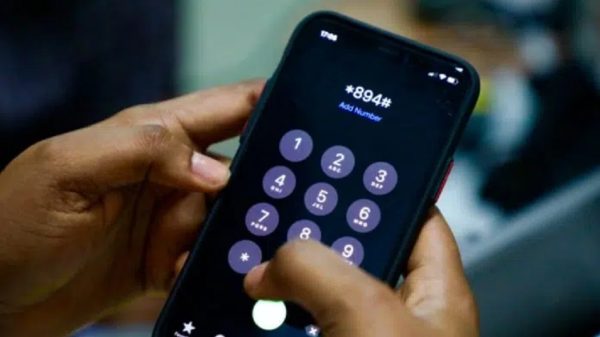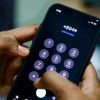World Bank has blacklisted 58 Nigerian companies and individuals for engaging in corrupt practices, a move which comes as part of the institution’s ongoing efforts to uphold integrity and transparency in its projects and operations.
Among those affected are 39 Nigerian companies previously debarred by the African Development Bank (AfDB), along with 19 individuals identified by the World Bank under the cross-debarment policy.
The total number of debarments now stands at 58, rendering the implicated entities ineligible to participate in projects and operations financed by institutions of the World Bank Group.
The list which the World Bank updates every three hours, contains a total of 1,210 companies and individuals globally at the time of this report.
A debarment renders firms/individuals ineligible to participate in projects and operations financed by institutions of the World Bank Group.
According to the World Bank report, the sanctions were imposed following an administrative process conducted by the Bank, which allowed the accused firms and individuals to respond to the allegations. This process adhered to the Bank’s procedures for sanctions proceedings and settlements in bank-financed projects.
“Through July 2007, this process was conducted in accordance with the Sanctions Committee Procedures adopted on August 2, 2001. The process is currently conducted in accordance with Bank Procedure: Sanctions Proceedings and Settlements in Bank Financed Projects. For more information on the two-tier sanctions process go to Sanctions,” it stated in the report.
Cross-debarment, as per the Agreement for Mutual Enforcement of Debarment Decisions, was enforced in accordance with the agreement dated 9 April 2010.
This agreement has been made effective by several international financial institutions, including the World Bank, Asian Development Bank, European Bank for Reconstruction and Development, Inter-American Development Bank, and African Development Bank.
Cross-debarment in accordance with the Agreement for Mutual Enforcement of Debarment Decisions dated 9 April 2010, which, as of July 1, 2011, has been made effective by the World Bank, Asian Development Bank, European Bank for Reconstruction and Development, Inter-American Development Bank, and African Development Bank.”
In addition to debarment, the Bank reserves the right to apply other actions to firms and individuals found in violation of its policies, which may not necessarily result in debarment.
The prohibited conduct leading to debarment is defined in the applicable Procurement or Consultant Guidelines, as well as in the World Bank Procurement Regulations for Investment Project Financing Borrowers. The specific guidelines may vary depending on the nature of the project in question.
The World Bank’s actions underscore its commitment to combating corruption and promoting accountability in development projects, ensuring that funds are used effectively for the benefit of the people.
![]()





























































